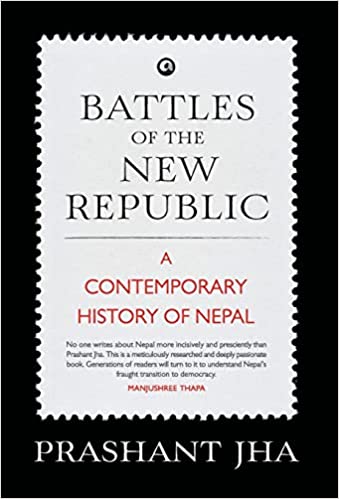BATTLES OF THE NEW REPUBLIC A CONTEMPORARY HISTORY OF NEPAL
no information available
In the past decade, Nepal has undergone arguably one of the boldest political transformations in South Asia. Identity-based politics has brought long marginalized social groups into the mainstream and upended the bulwark of Nepali nationalism—the Hindu monarchy. Yet, the process of change has repeatedly broken down, and Nepal’s fragile polity, under stress from various forces, has continuously fragmented—the first Constituent Assembly failed to draft a Constitution; the Maoists, who sparked the transformation with an armed insurrection, and once represented hope, have been co-opted into the very political culture they once challenged; never-ending political negotiations have chronically paralysed the governance initiatives needed to address Nepal’s problems; and India, the country’s powerful neighbour, has played an overwhelming role in national politics, choosing to intervene or stay away at crucial junctures. In exhaustively analysing all these issues, Prashant Jha covers extensive territory, in the corridors of power in Kathmandu and New Delhi as well as on the ground in the Tarai, and forges a narrative that is as comprehensive in its overview as it is detailed in chronicling the minutiae of day-to-day politics. An unprecedented account of the re-birth of a nation, Battles of the New Republic celebrates the deepening of democracy, despairs at the death of a dream, and seeks answers to a fundamental political dilemma—who exercises power, to what end, and for whose benefit? ... Read more Read less











